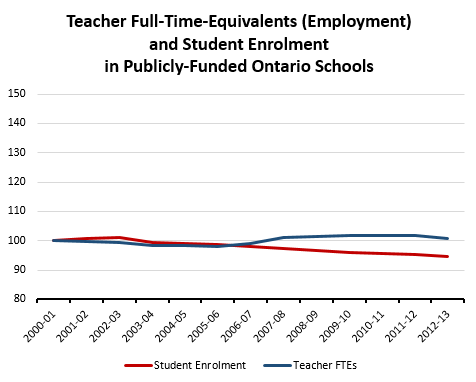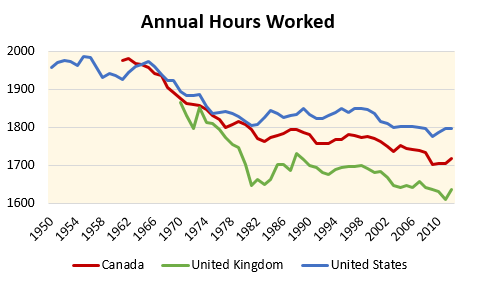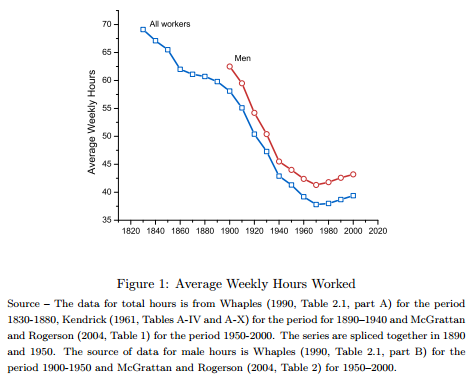I’m in the midst of a spell of travel and other work that’s been keeping me away from posting new content here. Another week or two and I should be able to return to much more regular updates of this blog. For the time being I wanted to mention two things that might be of interest to readers here:
I’m happy to be joining Ricochet as a contributing editor. Ricochet is a new entry into the media landscape in Canada: crowd-funded and independent, bilingual and pan-Canadian. The aim is to focus on traditional investigative journalism and hard-hitting analysis. I’m proud to be joining a range of colleagues and friends from across Canada. Especially exciting is the fact that many colleagues on the French-language editorial collective come out of Quebec’s Maple Spring student movement and a number have roots in the Idle No More movement that reasserted First Nations struggles. I’m looking forward to the much-needed exchange of ideas between Quebec, First Nations and English Canada.
The initial crowd-fundraiser is running until June 20th so check it out if you haven’t yet had a chance and consider helping us out financially if you have the means.
My role as contributing editor is relatively flexible but expect to see some of my writing up there both between now and the full launch later this year and beyond.
A Public Forum on Piketty in Vancouver
Also of interest to readers might be a public forum on Thomas Piketty’s Capital in the Twenty-First Century that I’m both helping organize and speaking at later this month in Vancouver. The idea is to provide both those who have read the book as well as those who don’t have the time for the 600-page tome of the the season an opportunity to learn about and discuss its major ideas.
The event will take place on June 25th at 7:00pm at SFU Harbour Centre (Room 1700) in Vancouver. Speaking will be Iglika Ivanova (CCPA BC), Marjorie Griffin-Cohen, Geoff Mann (both of SFU) and myself. There will be discussion of everything from Piketty’s massive trove of inequality data to his proposed solutions. I’ll be talking about the mechanics of Piketty’s economic model and how it fits into mainstream economics (in 15 minutes!). Here is the Facebook event page.
Hope to see you there if you happen to be in town!


